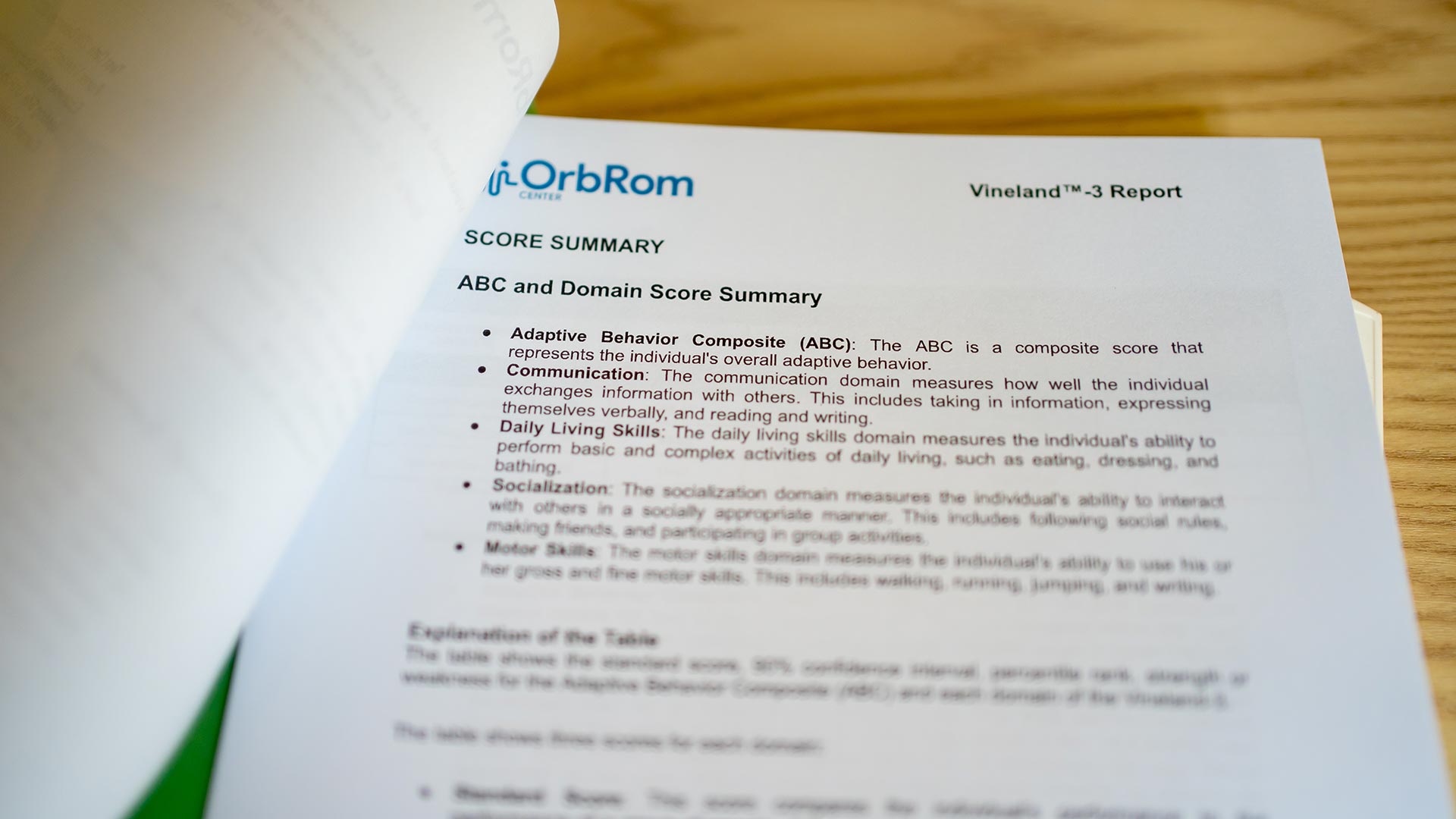Differentiated assessment is a unique approach to learning that provides students with the opportunity to demonstrate their knowledge and skills in a variety of ways. It is based on the understanding that all learners are different and that they learn best in different ways.
Differentiated assessment can be used in both formative and summative assessments. Formative assessments are used to monitor student progress and provide feedback during the learning process. Summative assessments are used to measure student learning at the end of a unit or course.
There are many different ways to differentiate assessment. One common approach is to offer students a choice of assessment methods. For example, a student could choose to write an essay, create a presentation, or design a project to demonstrate their understanding of a topic.
Another way to differentiate assessment is to provide students with different levels of support. For example, a student who is struggling with a particular concept could be given a less challenging assessment task, or they could be provided with additional support, such as tutoring or small group instruction.
Differentiated assessment is important because it allows all students to be successful. It also helps to promote student engagement and motivation. When students have a choice in how they are assessed, they are more likely to be motivated to learn.
Here are some tips for implementing differentiated assessment in your classroom:
- Get to know your students. It is important to understand your students’ learning styles and needs in order to differentiate assessment effectively.
- Provide students with choices. Offer students a variety of assessment methods to choose from. This will allow them to select the method that best suits their learning style and needs.
- Provide different levels of support. Provide students with the support they need to be successful. This may include tutoring, small group instruction, or modified assessment tasks.
- Use formative assessment data to inform instruction. Use the data you collect from formative assessments to adjust your instruction and provide students with the support they need to succeed.
Here are some examples of differentiated assessment:
- Choice of assessment methods: Students can choose to write an essay, create a presentation, or design a project to demonstrate their understanding of a topic.
- Different levels of support: Students who are struggling with a particular concept can be given a less challenging assessment task, or they can be provided with additional support, such as tutoring or small group instruction.
- Differentiated grading: Students can be graded on different criteria depending on their level of mastery. For example, a student who is struggling with a concept may be given a higher grade for demonstrating a basic understanding of the concept, while a student who has mastered the concept may be given a higher grade for demonstrating a deeper understanding of the concept.
Differentiated assessment can be a challenge to implement, but it is worth the effort. It is a powerful tool that can help all students to be successful.
Benefits of Differentiated Assessment
Differentiated assessment has many benefits for students, teachers, and schools.
- Benefits for students:
- All students have the opportunity to be successful.
- Students are more likely to be engaged and motivated.
- Students learn to self-assess and reflect on their learning.
- Students develop a variety of skills and abilities.
- Benefits for teachers:
- Teachers can better understand their students’ learning styles and needs.
- Teachers can provide students with the support they need to succeed.
- Teachers can create a more inclusive and equitable classroom environment.
- Benefits for schools:
- Schools can improve student achievement.
- Schools can reduce the achievement gap.
- Schools can create a more positive and supportive learning environment.
Differentiated assessment is a unique and powerful approach to learning that can help all students to be successful. It is important to remember that there is no one-size-fits-all approach to differentiated assessment. The best approach will vary depending on the specific needs of your students and your classroom.
Find out if your child needs extra support today!
- My child screams hysterically
- My child is mean to other children
- My child is always worried
- My child is scared to go to school
- My child is scared of loud noises
- My child doesn’t know how to read
- My child is scared to play outside
- My child does not respond to his name
- My child always gets in trouble
- My child fights with other children
- My child doesn’t know how to count
If you are concerned about your child’s development, contact us for Assessments: Phone/Telegram: 077.455.993 – Telegram Link: https://t.me/OrbRom
If you are concerned about your child’s development, contact us for Assessments.
Phone/Telegram: 077.455.993 Link: https://t.me/OrbRom






Leave A Comment